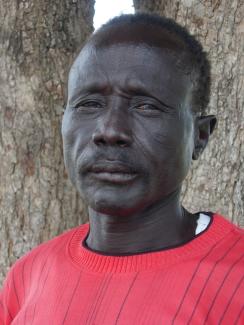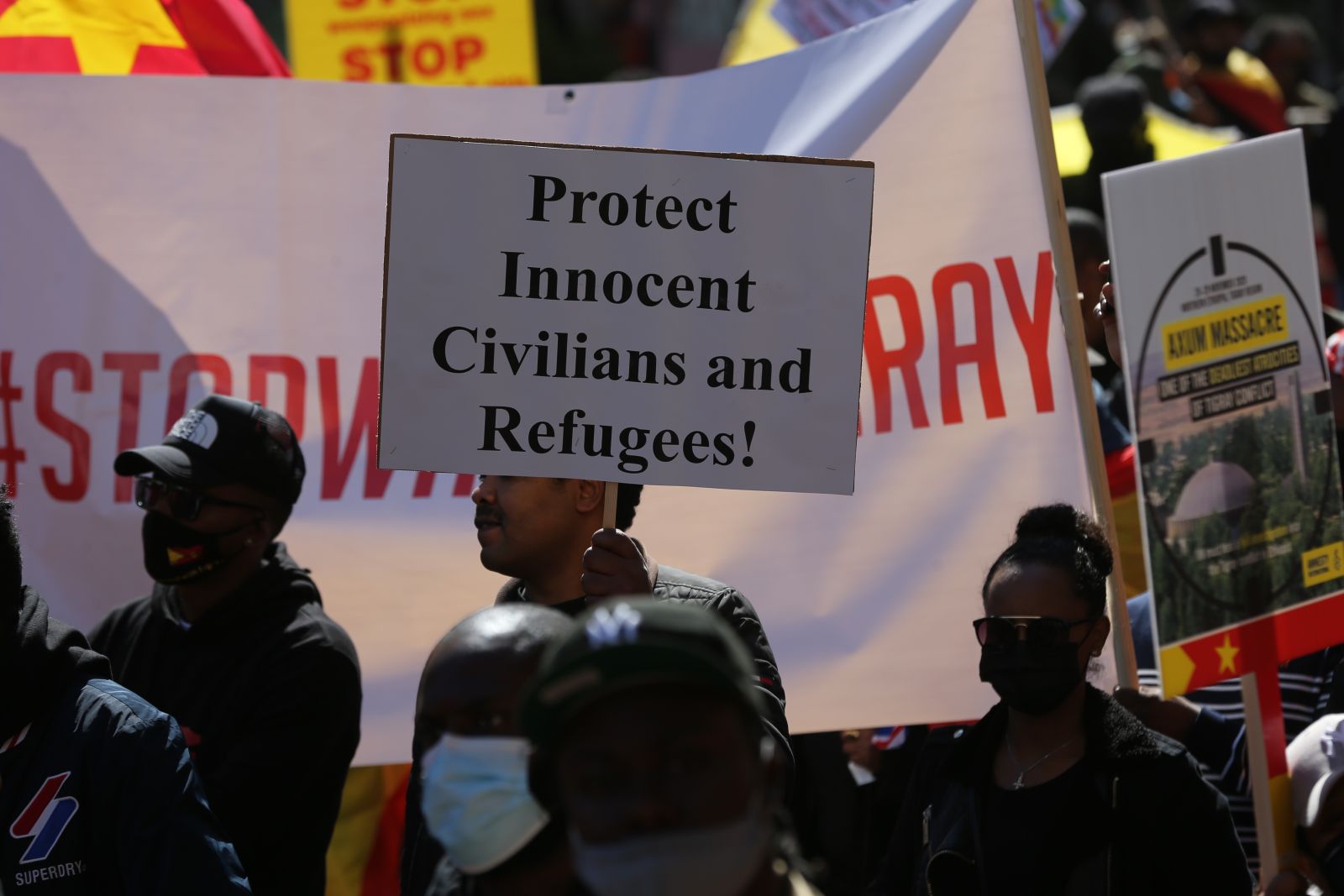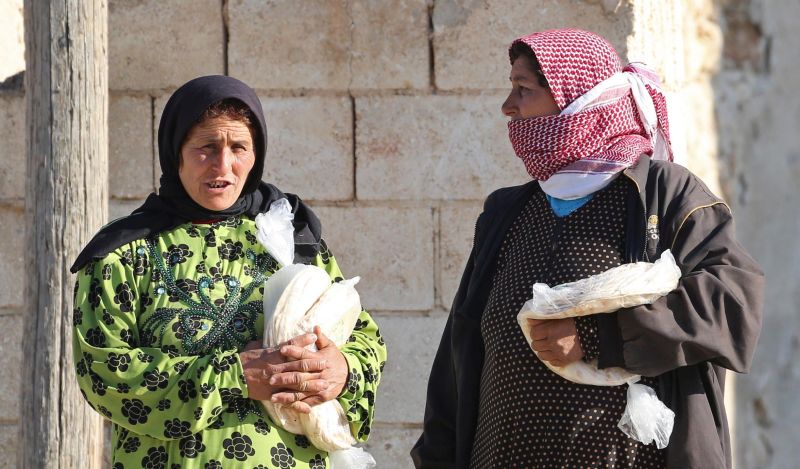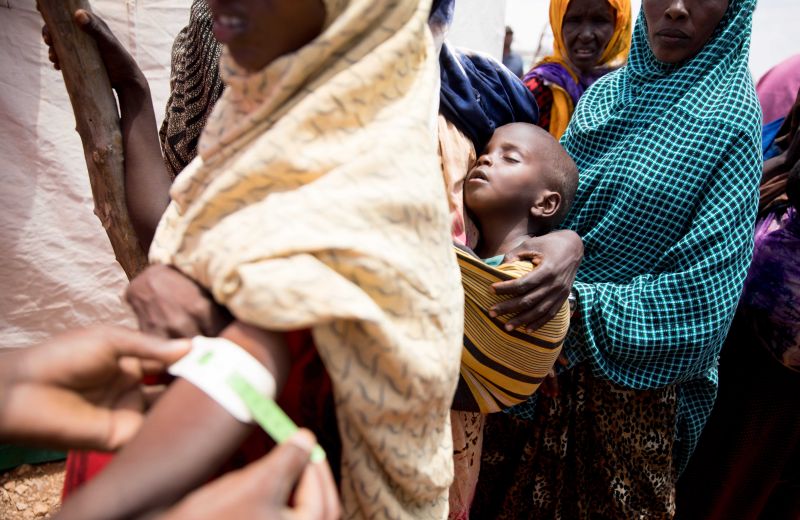Human rights
The road to mass starvation

Violence in South Sudan is rampant: Eyewitnesses were reminded of the massacres in Ruanda twenty years ago. The political conflict between President Salva Kiir and former Vice President Riek Machar in December last year has long escalated into ethnic strife. Kiir mobilised his people, the Dinka, and Machar the Nuer, his tribe. Armed gangs systematically killed members from other tribes.
More than a million people are on the run; that is one tenth of the population. But many regions of this huge country have no means of communication. Nobody knows how many people were displaced or killed there, nor how many fled to the bush, without food or medical care, cut off from everything.
In its report from May 2014, the UN has clearly shown that both conflicting parties have engaged in systematic ethnic cleansing. Consequently, Amnesty International, which has similarly documented massive human-rights violations in its annual report 2013, has called the UN to expand its mission in South Sudan (UNMISS).
Now is the beginning of the rainy season. These weeks are crucial in this huge and fertile land: If the farmers do not sow now, there won’t be any harvest in autumn. But many people are far from their homes and fields, and marauding gunmen are keeping them from returning. The majority of the South Sudanese people will soon run out of food.
Despite the looming catastrophe, the power brokers continue with their disputes. Yes, Kiir and Machar did sign a peace treaty on 10 May, which included immediate ceasefire and a joint transitional government, and the capital city of Juba has indeed been quiet since. In several states, however, fights are still going on. The militias in the provinces are not interested in papers that politicians signed in Addis Ababa.
Moreover, not even Kiir and Machar seem to be serious about the agreement. No details concerning the transitional government were agreed. Neither leader is heeding his own promises. One day after signing, Kiir said that he was and would stay president of South Sudan, come what may, and then he postponed the next presidential elections for several years to 2017 or 2018. This does not look like a serious peace deal.
Right now, more than 4 million people in South Sudan depend on help from outside. Fleeing from crude violence, without their belongings, squeezed in refugee camps, their only hope lies in international solidarity.
On May 20, a donor conference in Norway decided to provide $ 1.2 billion for emergency aid. That is below the mark of $ 1.8 billion, which the UN claimed is necessary to stave off a catastrophic famine.
Emergency relief for the starving is vital. At the moment, though, another measure could be more effective: a quick increase of the number of UN blue helmets. Sufficient troops should be deployed at strategic points and be given a robust mandate – with the order to intervene whenever human rights violations are committed.
Even if South Sudan’s top politicians are not doing much for a permanent peace, at least the international community should take its Responsibility to Protect (R2P) seriously. It should intervene now in order to prevent more ethnically motivated massacres. This way, a kind of peace could be enforced – and the farmers could at last till their fields.
Eva-Maria Verfürth is editor of D+C/E+Z.
eva-maria.verfuerth@fs-medien.de














